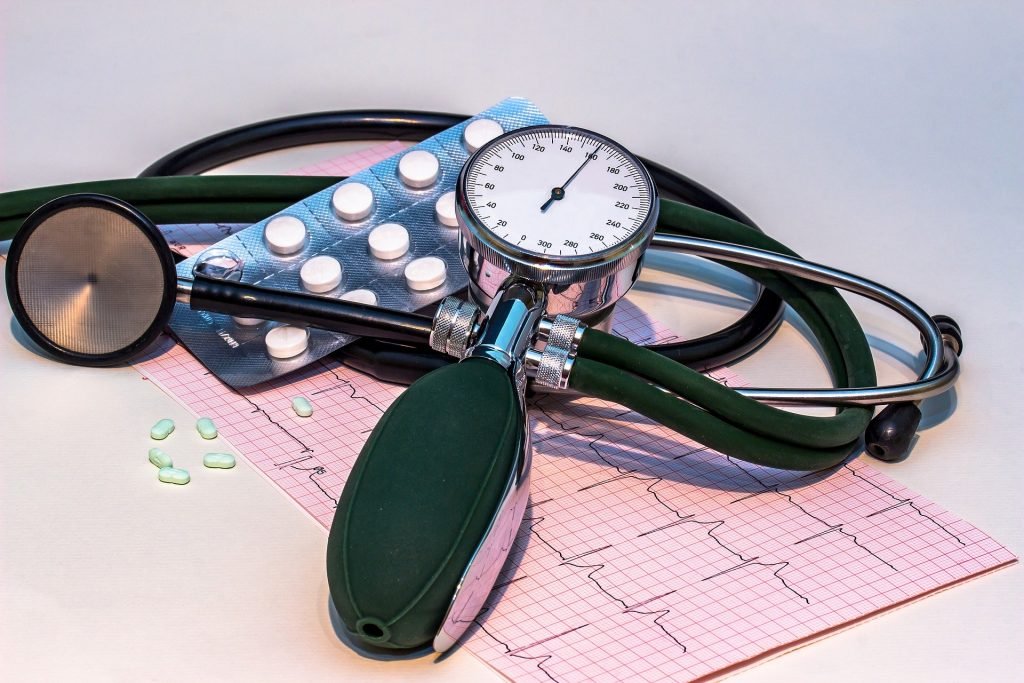Hypertension is the medical terminology for elevated blood pressure. Although the word hypertension is often used loosely, it simply means a condition of higher than normal pressure within the arteries (the vessels that supply blood to the body). Having a blood pressure is normal and very important to life, after all it’s the pressure differential that provides direction of blood flow. However when blood pressure becomes higher than normal, it begins to damage the organs it was meant to supply blood.

Below are top 8 facts you should know -particularly if you are Black:
- According to the US Centers for Disease Control and Prevention (CDC) one of the leading cause of death in African American population is cardiovascular (heart) disease. Hypertension is a major contributor to cardiovascular disease (heart disease).
- The United States Preventive Task force USP STF found good evidence that screening for and treatment of high blood pressure in adults substantially reduces the incidence of cardiovascular events.
- About 40% of adult men and women over the age of 20 carry the diagnosis of hypertension.
- The long-standing effects of elevated blood pressure is manifested as stroke, heart disease, kidney disease.
- Without routine screening and early detection, elevated blood pressure can start to cause irreversible damage to our organs.
- Some symptoms of elevated high blood pressure can be headaches, shortness of breath, chest pain, nose bleeds, and blurred or loss of vision. These symptoms usually call for more urgent attention and should not be ignored.
- Know thyself: individuals with high-normal blood pressure 120 to 139/85 to 89 mm Hg, and/or who are obese or overweight should be screened yearly.
- Individuals 40 years and older and those with the risk of high blood pressure such as obese, overweight, or family history of hypertension should have their blood pressure check yearly.

Conclusion:
When in doubt, make the vital signs vital. Get in the habit of routinely checking your blood pressure. Be proactive about your health and consult your physician if you have any questions or concerns. When it comes to hypertension, prevention and early detection is key. Look out for my next post on 7 simple steps or routine you can do to prevent or lower the risk of high blood pressure. Let’s get loud about the silent killer. Stay healthy!
References
- Centers for Disease Control and Prevention. Health of Black or African American non-Hispanic Population. (2013-2016). Retrieved on 31 January, 2020. https://www.cdc.gov/nchs/fastats/black-health.html
- Final Recommendation Statement: High Blood Pressure in Adults: Screening. U.S. Preventive Services Task Force. April 2019. https://www.uspreventiveservicestaskforce.org/Page/Document/RecommendationStatementFinal/high-blood-pressure-in-adults-screening
- Understanding Blood Pressure Readings. https://www.heart.org/en/health-topics/high-blood-pressure/understanding-blood-pressure-readings. Last Reviewed Nov 30, 2017. Retrieved on Feb 5, 2020.





